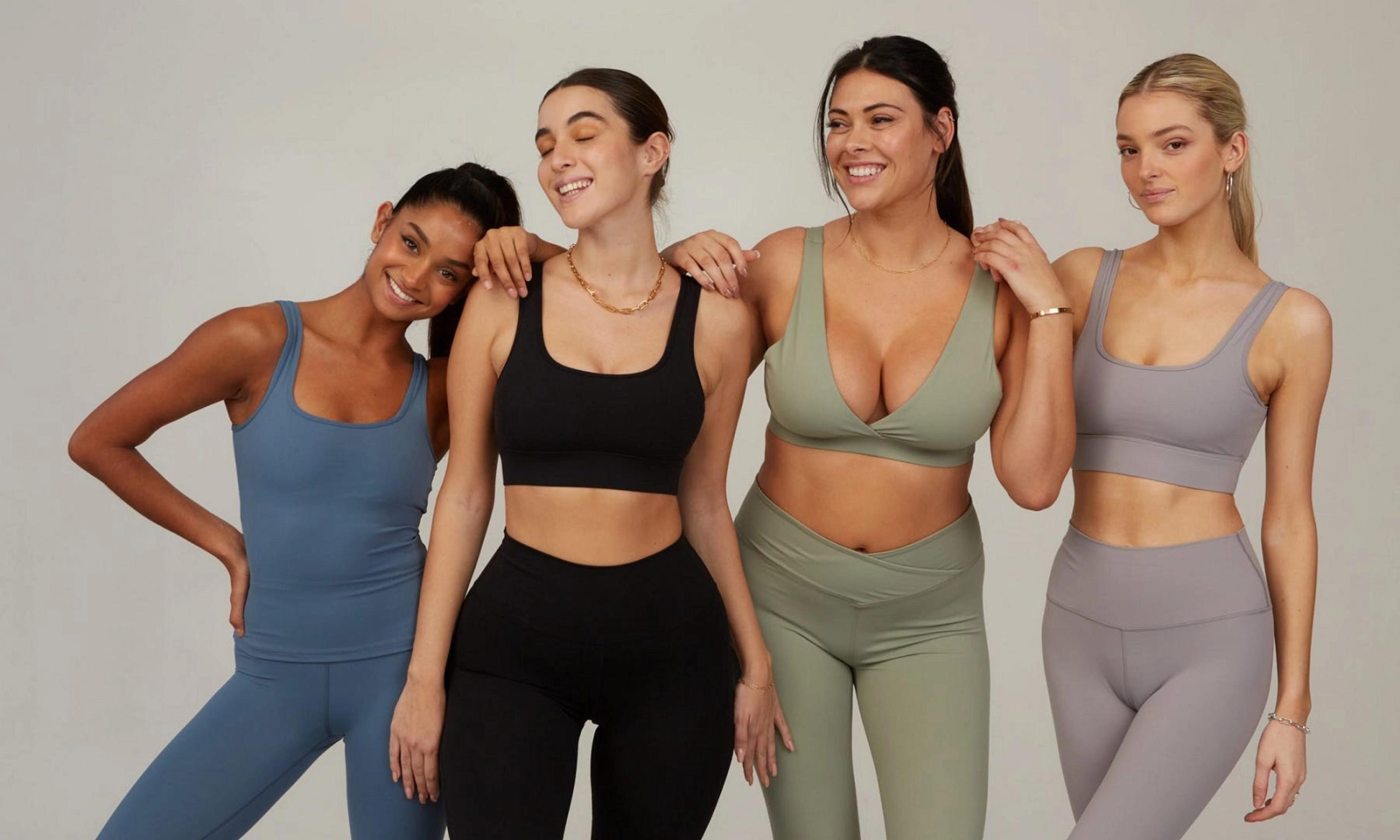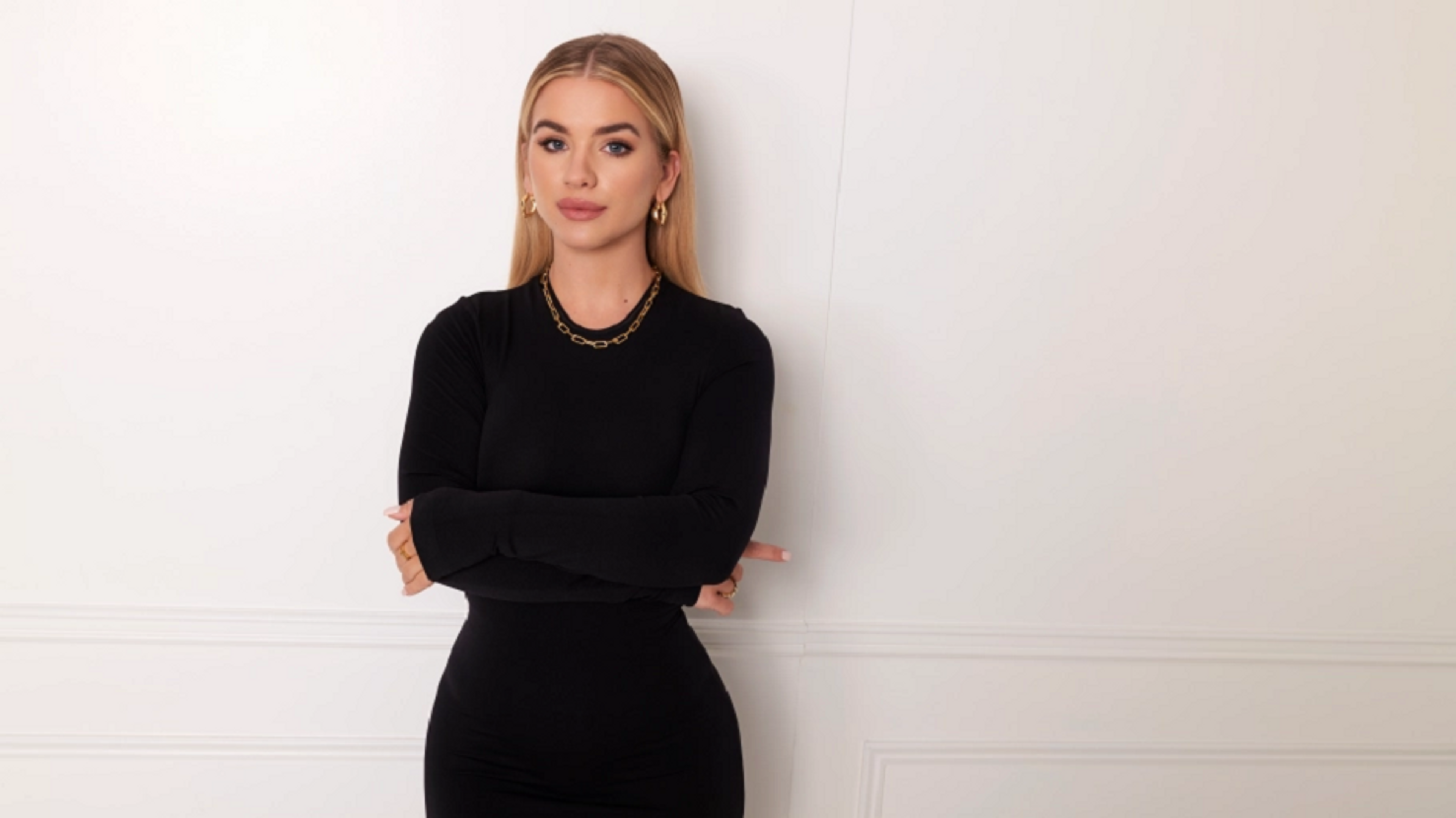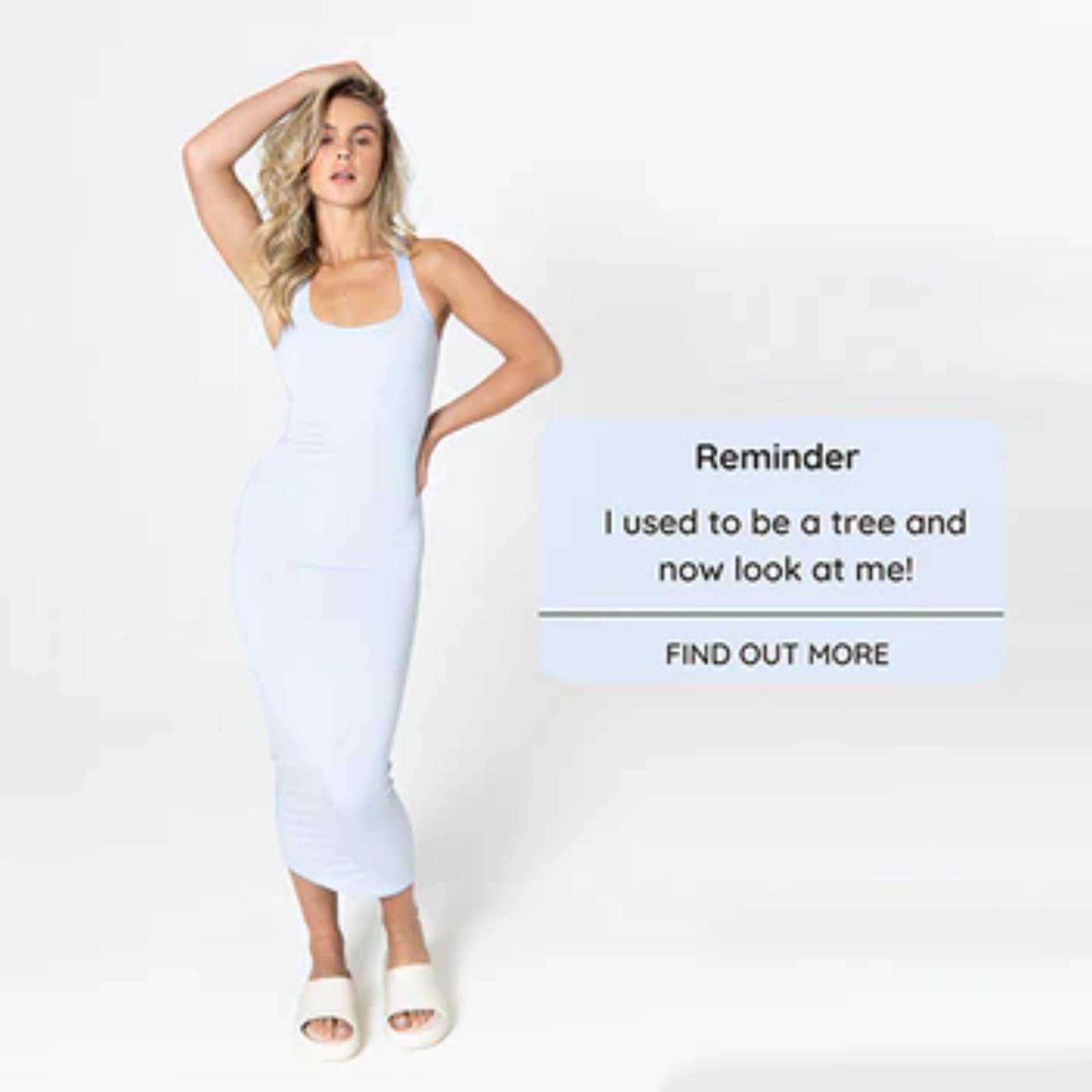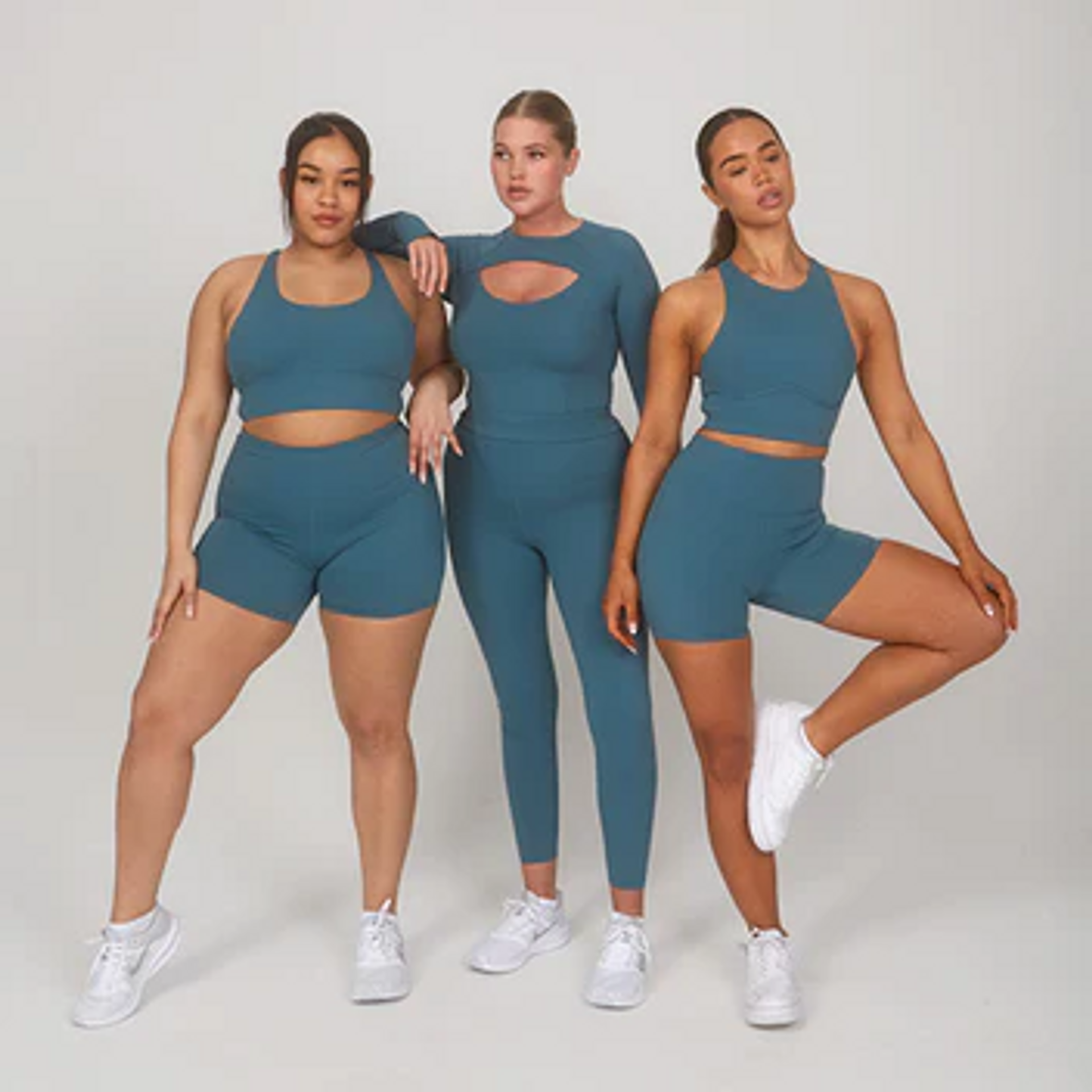
FK Meets | Featuring Morgan Fowles - Managing Director, TALA
FK Meets Interview Series

Where did your love for fashion and ecommerce come from?
I’ve always loved fashion, and I’ve come from a long line of people who love it; my grandparents had stores. They carried some of the Italian designer brands before you could find them in the USA. My siblings both work in fashion / media. My parents love fashion. We’re a fashion-centric family.
What drew you to TALA?
When you do what I do inside of a company, you work very closely with the founder/CEO. That relationship is really important, and I liked Grace Beverley from the beginning and was super impressed by her - it's hard not to be. In our earliest conversations, she stunned me with her insightfulness and ability to tackle hard things. She’s really kind and empathetic as well.
With the high engagement from customers and the success that Grace had already achieved, it really felt like something different was happening at TALA compared to other D2C brands - and I was right.

Relationship with customers
I remember in my early days of eComm-only businesses, when I first learned about customer lifetime value (CLV) vs. customer acquisition cost (CAC) which was a new way of thinking for me and for a lot of people. At that time in traditional retail, you’d think more about footfall rather than the price of acquiring your next customer.
The beauty of D2C is that you’re using the internet to talk to specific customers who you know are well-qualified for your brand. Whereas offline retailers rely on the fortunes or misfortunes of footfall to attract new customers. But traditional retail brands used to do some things really well too: beautiful shop windows and irreproachable products for example. There is no hiding behind clever algorithms when customers get to touch and see the product. But the market (esp the digital advertising market) is saturated and so it's not as easy to play in that space as it was 5-10 years ago. I think the future lies with a little bit of both. You need to have smart performance marketing and a seamless tech experience but coupled with a product that is genuinely different and of high quality and some of the visual storytelling that the old European brands are famous for.
Does being closer to the customer add an extra layer of pressure?
I’m a demanding consumer, so I assume that every customer has high expectations, and that’s the baseline that I try to play to every day.
But yes, we interact with customers across multiple channels today, many of them quite public facing. In the old days an order inquiry would come in through a customer service email. Today they come in that way and also through DMs, comments on our grid, or below ads. And why wouldn’t they? Customers are clever enough to say: if you want to talk to me through this channel, I want to be able to talk to you too.
I think it's the public aspect of it that some brands fear, but this is TALA’s super power. We started with socially-native founders and an early team that were comfortable having uncomfortable conversations. We appreciate nuance - we don’t try to be perfect, but always try to be better. We also work really hard not to over-sell or green wash.
Where does TALA’s D2C experience go from here?
More of what we’re doing today! We’re only just getting warmed up. Operationally, we’ll be improving our tech experience. You can create a big impact with ease of use and beautiful UX/UI. We will be reducing operational barriers for customers shopping with us outside the UK, which is already a meaningful % of our sales.
Additionally, our USP and future revolves around sustainability. It's an evolving field with so much to discover. Whether we're investigating the benefits of cellulose fibres, circular economies, or deeper into our supply chain, we constantly ask ourselves what more we can do

Speaking of sustainability, what impact is it having on the wider D2C market?
A big one. The demand from consumers for sustainability is high and there are a number of niche brands coming up which tick some sustainability boxes, but also are very expensive. If you’re unattainable, it’s hard to make a big impact. For us, the goal is to achieve sustainability at scale, and we believe to get there we need to reach a big customer base and to be fairly priced.
What skill sets are in high demand right now?
The really hard-to-source-for roles are in tech, especially around specific technologies like Shopify. The pool is lean, so it’s a hot market - especially as we saw an exponential interest in online shopping during the pandemic. The other especially hard one is performance marketing. Those are the folks that are going to help you acquire customers and help drive down your cost per acquisition.
Do you think D2C is on an upward trend? Do you see any factors that might put it at risk?
The unique thing about D2C is that it uses big data to allow brands to speak directly to customers through content and audience selection. I don’t think that’s going anywhere. Segmentation in marketing will only get smarter and smarter. Even with rising digital privacy protections, that concept is here to stay.
That said, the legacy brands that have survived the last decade of footfall issues and over extended retail chains have gotten a lot smarter. They have a better fighting chance than they did five years ago. And as many of them have come through lean and tight on cash, they are closer to startups than they used to be and are competing for some of the same candidates we are competing for now.
When I think about those three themes in the context of the present moment, I think Influencer/Creator-led brands are very interesting especially when fewer products are marketed through noisy social channels.
Quick Fires
If you could give yourself a piece of advice at the beginning of your career, what would it be?
Find something you love doing and keep going.
What’s a podcast you’d recommend?
I like Grace’s podcast and the Shopify podcast “how I built this.” I also rarely miss Terry Gross on Fresh Air, which is an NPR podcast.
What would you like to see more of in the ethical wear industry?
The goal is to be genuinely climate neutral at a minimum. And ideally, we’d be net-positive to make up for the damage done so far. On the social side, traceability is really important and still quite hard, especially earlier in the supply chain.

FK Meets is an interview series featuring some of the most exceptional entrepreneurs, executives, non-executives, and thought leaders in our global network.
We have a number of open roles in some of the most exciting high growth businesses out there. If you're intrigued, please get in touch on contact@founderskeepers.co and we'll get back to you shortly.
